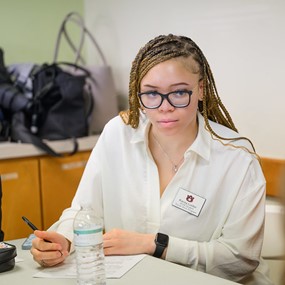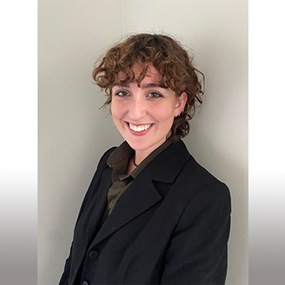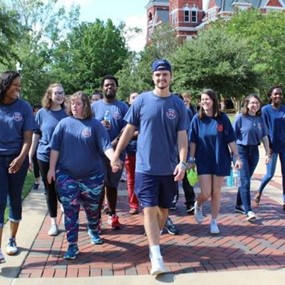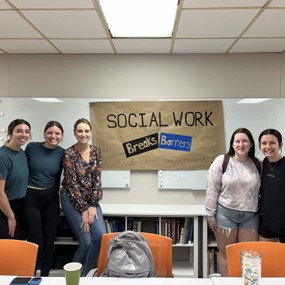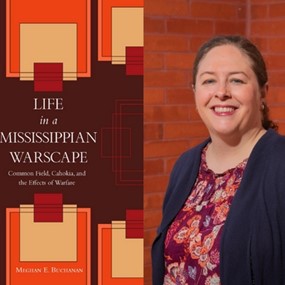Universities Fighting World Hunger students identifying need and calling on Auburn researchers to provide expertise
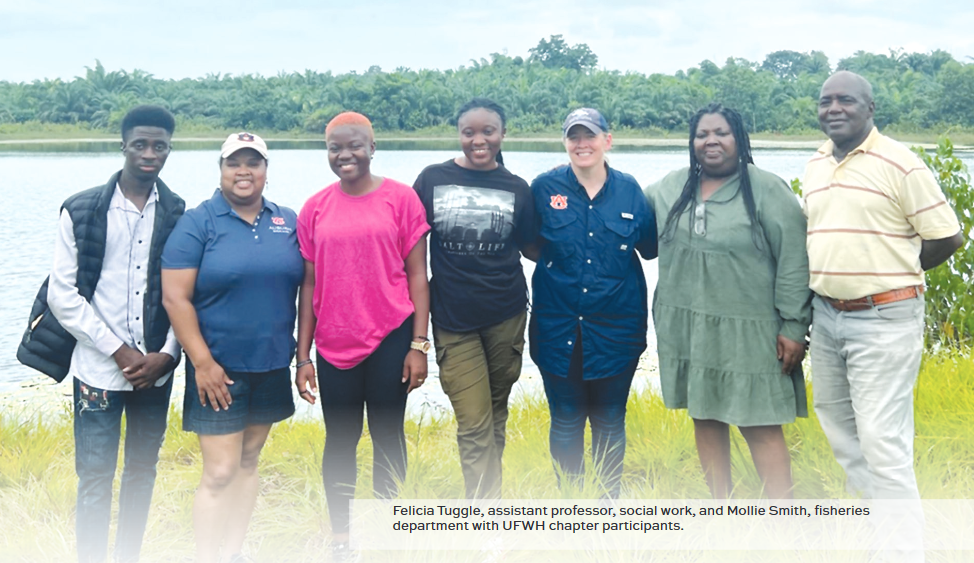
Last fall, Auburn University Outreach Global organized a meeting of Auburn faculty and staff with a history of or an interest in collaborating with partners in Liberia, West Africa. During the meeting, participants from various departments across Auburn University shared information about their expertise and areas of impact, including Felicia Tuggle, professor of social work, and Mollie Smith, outreach programs coordinator for aquaponics in the department of horticulture. This meeting established the groundwork for a subsequent partnership.
Following the meeting, a request was made by African Methodist Episcopal University, or AMEU, a partner organization located in Monrovia, Liberia. During their internship, AMEU social work students observed malnourished children at the internship site and felt the need to intervene in a sustainable and transformational way. The students started a Universities Fighting World Hunger (UFWH) chapter and invited faculty and staff at Auburn to help them address hunger and poverty in a way that improves the quality of life for Liberians. Auburn University is the flagship school for UFWH organizations.
The AMEU students targeted the community of Westpoint in the capital city of Monrovia, Liberia, for action designed to prevent malnutrition and food insecurity. The students researched viable food production systems and settled on aquaponics as a sustainable solution for the community. Tuggle made a request to find someone at Auburn with knowledge and experience in aquaponics. Fortunately, Smith had also been present at the initial meeting, and therefore was known to Tuggle. The outcome of the partnership between Tuggle and Smith created the Integrated Aquaculture for Food Production, Education, Empowerment, and Development, or iFEED.
iFEED is a transdisciplinary social action initiative that leverages the disciplines of agriculture and social work to accelerate action on sustainable development goals specifically as they relate to reducing poverty and hunger, promoting good health and well-being and quality education in ways that provide decent work and economic growth and reduce inequalities.
In practice and implementation, iFEED hosted a teacher training for science and math teachers using aquaculture and aquaponics as the subject matter.
Over the course of four days, Tuggle and Smith trained 22 public school teachers in aquaculture and aquaponics. The training covered basic aquaculture and aquaponic principles, including hands-on training in building a desktop aquaponics system culminating with a full-day field trip to one of Liberia’s three National Fish Hatcheries and a private recirculating aquaculture farm. The training was accompanied by a training manual which included copies of the presentations given that day, lesson plans developed by Auburn University School of Fisheries, Aquaculture, and Aquatic Sciences’ education extension specialist, David Cline, and several publicly available aquaponics curricula.
Tuggle used pre- and post-test evaluation tools to measure the effectiveness of the training on knowledge uptake. Future trainings are planned as are further methods to evaluate the trainings’ impact on the teachers themselves, the school children they teach and the community to which the children belong.
Read more about Auburn Outreach initiatives in the winter 2023 Beyond Auburn magazine.

